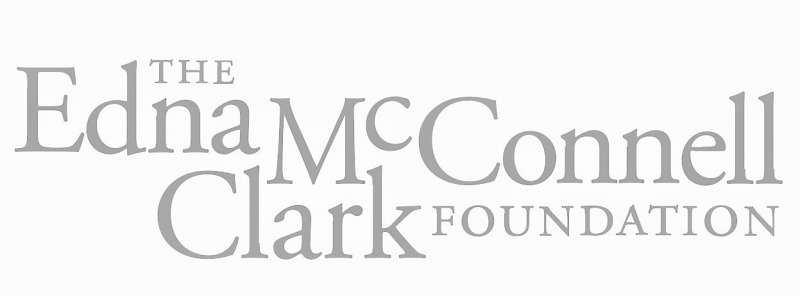Youth Development: OST, Mentoring, & Education Equity
7 of 22

Growth, Scale and Sustainability in Youth Development Nonprofits
Funder: The Edna McConnell Clark Foundation
Project Time Period: 2017
Project Category: Formative Evaluation/Youth Development/Nonprofit Growth and Scaling
About Growth, Scale and Sustainability in Youth Development Nonprofits Assessment: The Edna McConnell Clark Foundation (EMCF) seeks to create a better future for America’s most vulnerable and economically disadvantaged youth by expanding the number of nonprofits with the evidence base, organizational capacity, and operational scale to achieve this important goal. To do this, EMCF not only provides robust financial and non-financial supports to carefully selected, high-performing youth-serving organizations, but also provides these organizations with deep and ongoing assistance from skilled professionals—EMCF’s portfolio managers. The purpose of this study is to gather information about the YDF’s grantees’ perspectives on growth and sustaining growth, as well as on EMCF’s limited life strategy.
The Work: MAI conducted a qualitative study of growth, scaling, and sustainability for The Edna McConnell Clark Foundation. The study encompassed in-depth interviews with CEOs of high-performing youth development nonprofits who were attempting to scale. Our work illuminated the factors that are essential for successful growth, the characteristics of organizations that are poised to scale, risks of growth and scale, and barriers to and opportunities for sustainability of growth.
What We Learned: A clearly articulated plan; strong, visionary leadership, and resources (particularly, growth capital, staff, and partnerships) were the most common factors offered by leaders as pre-requisites to growing an effective youth-serving nonprofit. Several interviewees discussed the importance of innovation in achieving transformational scale with impact. These leaders pointed out that scale would not be achieved through program replication alone. For instance, for some nonprofits, policy change may be a key facet of scaling, while in others training other entities to implement the program could be a key component of a successful scaling strategy. Several leaders pointed to the importance of having a solid financial model in place, but feel that it is oftentimes an elusive goal for nonprofits. Interestingly, even when prompted, few leaders suggested that evidence was critical to raising funds for growth. Instead, they believe that evidence influences growth in different ways, perhaps most importantly by creating the internal momentum to undertake the growth.
